Language
WORLDWIDE SHIPPING
Flexible pliers by Swiss Diamond
was
€19.90
Special Price
€9.95
€8.16
Availability:
Out of stock
Swiss Diamond's flexible tongs have serrated handles that allow them to rest against the edge of the pan while cooking.
The grooved head allows excess liquid to drain quickly when frying, steaming or poaching.
Designed to gently grip the most delicate items, these kitchen tongs are ideal for serving your next creation.
Easily drain excess water from steamed dumplings or potstickers for a tasty Asian appetiser. Lift doughnuts, beignets or funnel cakes from boiling oil: these versatile tongs are heat-safe up to 250°C (480°F).
Unlike rigid metal tongs that can crush fragile delicacies, these tongs are ideal for lifting, turning and serving light objects without flattening them. The wide opening allows you to serve a full-sized cupcake or muffin without crushing the sides.
Our tongs are perfect for delicate jobs, such as turning fish or draining potato sticks. Because they are heat-resistant up to 250°C (480°F)
FAQs

 IT
IT FR
FR
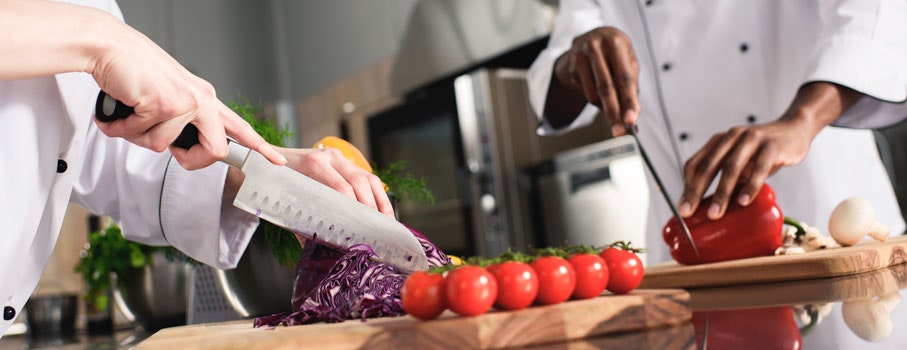
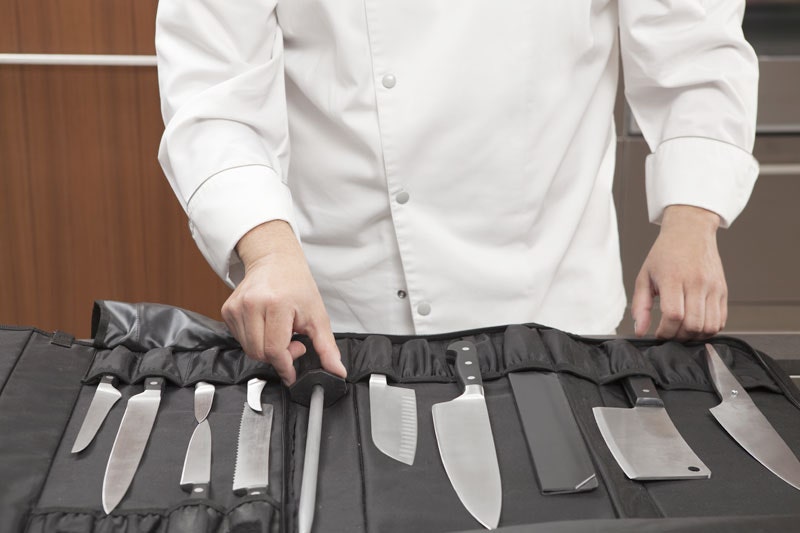
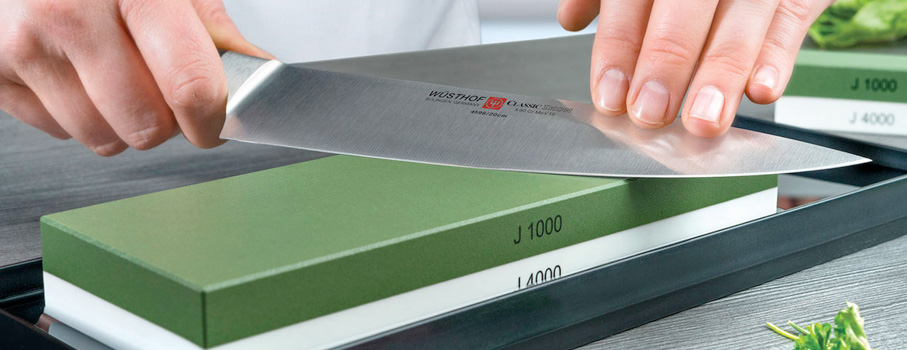
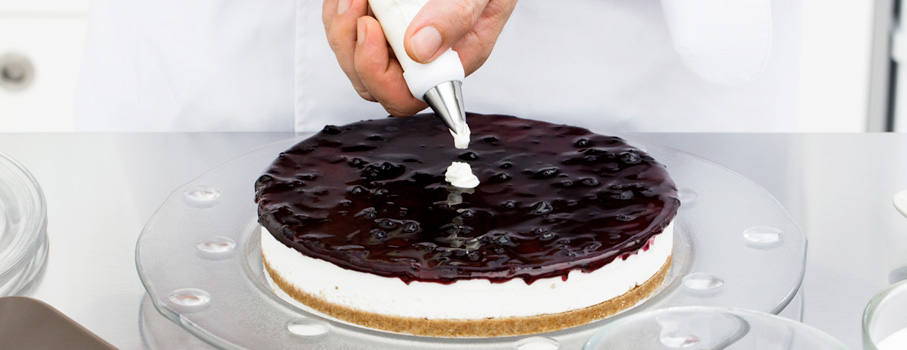

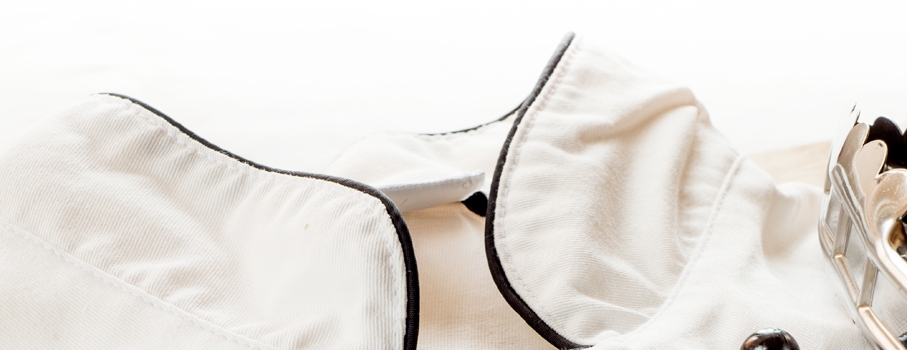
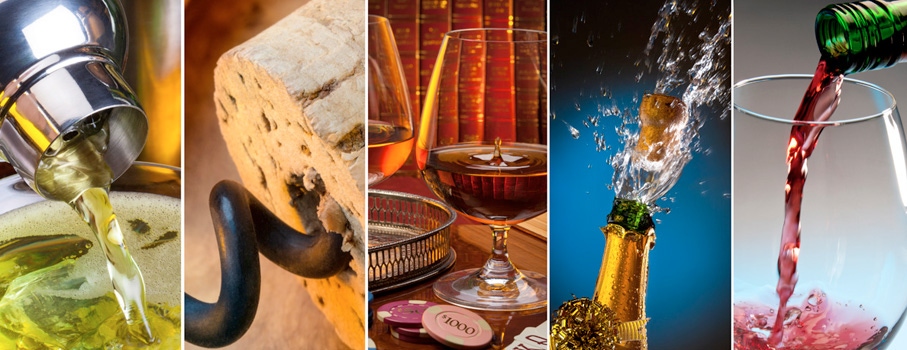
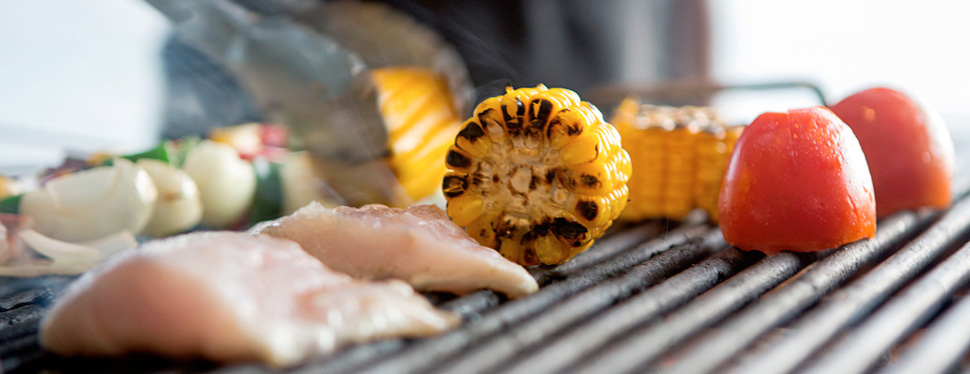

 IT
IT FR
FR
